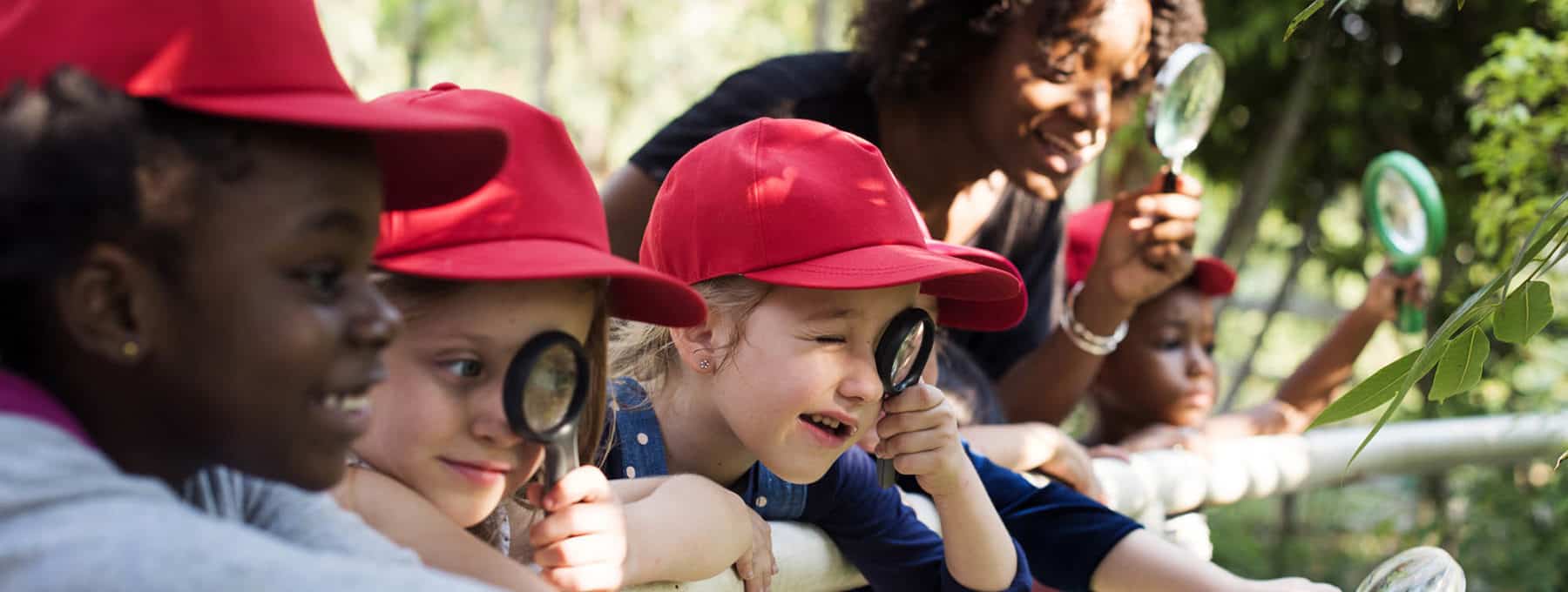
1st December 2020
Teaching Techniques: How Do They Do It In The UK?
The UK is often cited as having one of the top education systems in the world. It was ranked number 1 for education in 2019, holding onto the top spot for the second year running, in this study by the US News And World Report. For teachers looking at a career in the UK, it’s useful to know the teaching techniques that are most popular right now and how they are being used in classrooms.
Teachers in the UK follow a designated career path, obtaining a degree and then applying to a post-graduate Teacher Training Programme which usually blends class experience with either remote or in-person teaching. Research into effective teaching techniques has significantly increased over the last 5 years, with more large-scale studies into successful teaching strategies and learning outcomes taking place than ever before.
What Are Teaching Techniques?
Teaching techniques are the methods and strategies that a teacher uses to impart learning to their pupils. The UK’s education system is led by the National Curriculum, which indicates what children need to learn in each year of their school life. Teachers in the UK have the autonomy to plan their lessons around the National Curriculum but can use whichever teaching techniques suit their own or their class ability, interest or needs.
What Teaching Techniques Are Popular In The UK
Most classes in the UK follow a similar format. Class sizes are usually around 30 with a lead teacher and sometimes a teaching assistant. Nearly all learning activities in UK schools are teacher-led, although techniques such as Turn To Talk and Peer teaching are becoming more popular as new research shows the effectiveness of student-led strategies.
Direct Instruction
Direct (or explicit) instruction is a teacher-led technique that involves the teacher giving instruction directly to the class as a whole. It’s the most common technique used in classroom teaching in the UK. It benefits the teacher as they are able to deliver the entire class instruction and take questions to ensure understanding. Direct instruction usually forms part of every new learning activity.
Differentiation
Research has shown that children learn in different ways, regardless of ability. This has led to more schools providing differentiated learning in UK classrooms. Creating worksheets that challenge your better readers or support less able pupils is one way to provide differentiated learning in an unobtrusive way. Differentiation doesn’t have to mean putting pupils at the same level together, it might mean matching struggling pupils with more able ones for group activities, or grouping students by their preferred learning style.
COLLABORATIVE LEARNING
Collaborative learning or group work is very common in UK schools. Teachers regularly build collaborative projects into their lesson plans to encourage discussion and reinforce learning. Creating a piece of work or presentation as a group gives pupils the opportunity to explore new ideas and make links to the knowledge they already have. Research by the Education Endowment Foundation describes evidence into the effectiveness of collaborative working as ‘consistently positive’ – read their full study here.
Blended Learning
Schools now have a duty to provide blended learning for pupils who are unable to attend school. Blended learning is a teaching method that combines online and in-person teaching to provide the full curriculum to those who are unable to attend school. Teachers might use applications such as Google Classroom or Zoom to set work, deliver information and track students progress. Teacher-led instruction is delivered via video and can sometimes occur at the same time as in-person teaching.
Explore Blended Learning with Engage:
Choosing teaching techniques is a personal decision that should be backed by research and experience. Teachers need to be able to select techniques that will engage and inspire their learners, as well as support them to retain and recall information. The success of this will vary dependant on pupils age and ability so regular assessment of the success of your lessons is essential to becoming a successful teacher.
Book a consultation call with Engage!
Book a consultation call with us to discover how Engage Education can support you!
Book a call!Recommended for you
Managing Challenging Behaviour In The Classroom: The Most Effective Approaches
It is important to manage challenging behaviour in your classroom – or...
- Uncategorised
- •
- 3 Min Read

